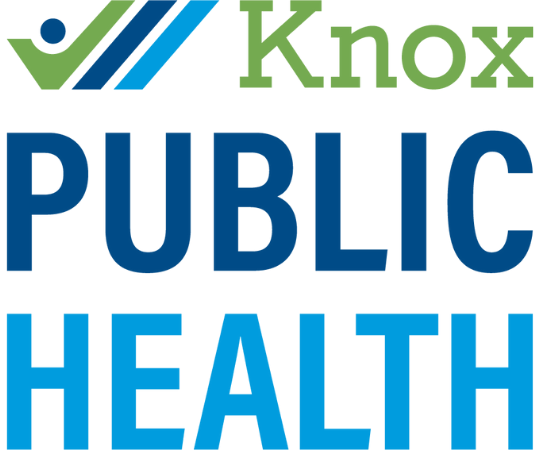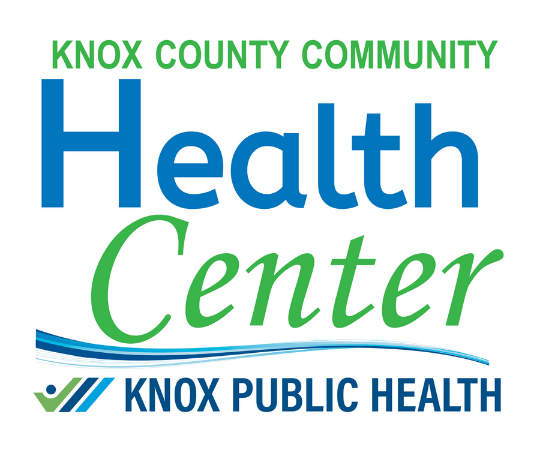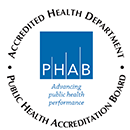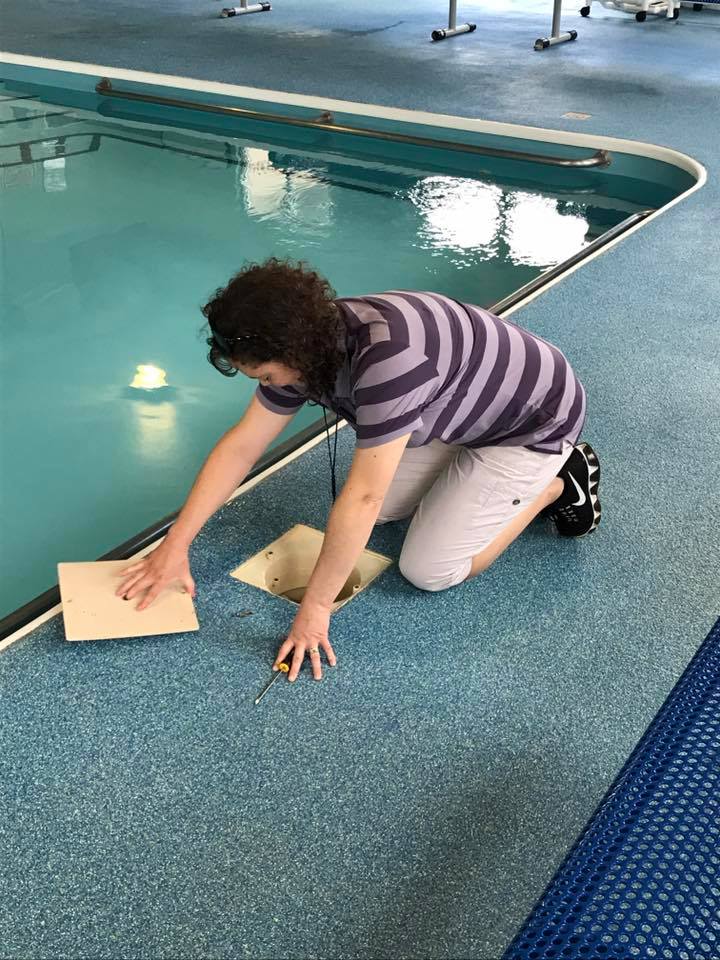
Any person who operates or intends to operate a public pool or spa or beach in Knox County needs to apply to Knox Public Health prior to opening of the site and annually once the operation has been licensed.
For complete state rules, see Ohio Administrative Code 3701-31-02
To request a pool or spa application specific to Knox County, please call 740-392-2200, Ext. 2222.
Complete List of Forms for Pools and Spas
When are pool/spa licenses due?
Public swimming pools and spas are licensed from June 1st until May 31st of each year. Applications are sent out in late March and need to be postmarked or received by Knox Public Health by May 1st. Any application not postmarked or received by May 1st is subject to a late fee of 25% of the applicable fee.
Pool Basics
Included below are some of the basic requirements of for public pools and spas. This is only a part of the many requirements and not a complete list.
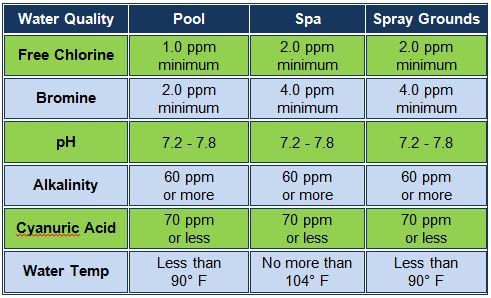
When am I required to close my pool or spa?
Ohio Administrative Code 3701-31-04 provides a list of critical operation items determining closure of a pool/spa.
What do I do If I find poop in the pool?
If you find poop in the pool, there are important steps that need to be taken to help prevent recreational water illnesses. Reacting quickly and appropriately is key to minimizing contamination and risk to swimmers. The Centers for Disease Control has excellent information on how to respond to a fecal accident in a pool. The Ohio Department of Health and Knox Public Health recommend this document be used to address fecal accidents in pools and spas.
Public Beaches
A bathing beach is defined as an impounding reservoir, quarry, basin, lake, pond, gravel pit, dammed stream or other similar natural body of water which is intended to be used by the general public for bathing, whether or not a fee is charged.
Beach License/Inspections
All bathing beach operators are required to obtain an annual license to operate a bathing beach in Knox County. The license issued by the Board of Health gives written authorization to operate a bathing beach.
The license allows for the beaches to be inspected by the Health Department a minimum of one time during the recreational season to identify any safety, sanitation, or water quality concerns. Water samples are collected and analyzed for bacteria to determine if the water quality is acceptable for swimming. Written inspections are provided to the beach operators for corrections to be made, if necessary.
What are recreational water illnesses?
Recreational water illnesses (RWIs) are caused by germs spread by swallowing, breathing in mists or aerosols of, or having contact with contaminated water in swimming pools, hot tubs, water parks, water play areas, interactive fountains, lakes, rivers, or oceans. RWIs can be a wide variety of infections, including gastrointestinal, skin, ear, respiratory, eye, neurologic, and wound infections. The most commonly reported RWI symptom is diarrhea. Diarrheal illnesses can be caused by germs such as Crypto (short for Cryptosporidium), Giardia, Shigella, norovirus and E. coli O157:H7. In the past two decades, there has been an increase in the number of RWI outbreaks associated with swimming.
Risk of Illness
When swimming or conducting other water activities during periods of high bacterial levels, the risk of becoming ill from contamination increases. Children, the elderly, and individuals with weakened immune systems are the most at risk. Flu-like symptoms such as diarrhea, abdominal cramping, fever, and dehydration can occur from exposure to contaminated water. Upper respiratory illnesses, such as ear, nose, and throat infections, may also occur in addition to skin infections if an open wound is not properly protected. If you become ill after swimming at a beach, be sure to contact Knox Public Health (740-392-2200). If medical attention is required, make sure to inform your doctor that you have recently been to a bathing beach, pool or spa.
Algal Bloom Swimming Concerns
In some public water areas of Ohio, bacteria causing Algal Blooms are a health concern. Cyanobacteria, often called blue-green algae, are bacteria that are naturally found in Ohio lakes, ponds, and slow-moving streams. Although many species of algae do not produce toxins, some species of blue green algae can cause Harmful Algal Blooms (HABs).HABs can produce neurotoxins (affecting the nervous system), hepatotoxins (affecting the liver) and dermatotoxins (affecting the skin). These toxins can potentially impact the health of people and pets that come into contact with water where HABs are present in high numbers.
